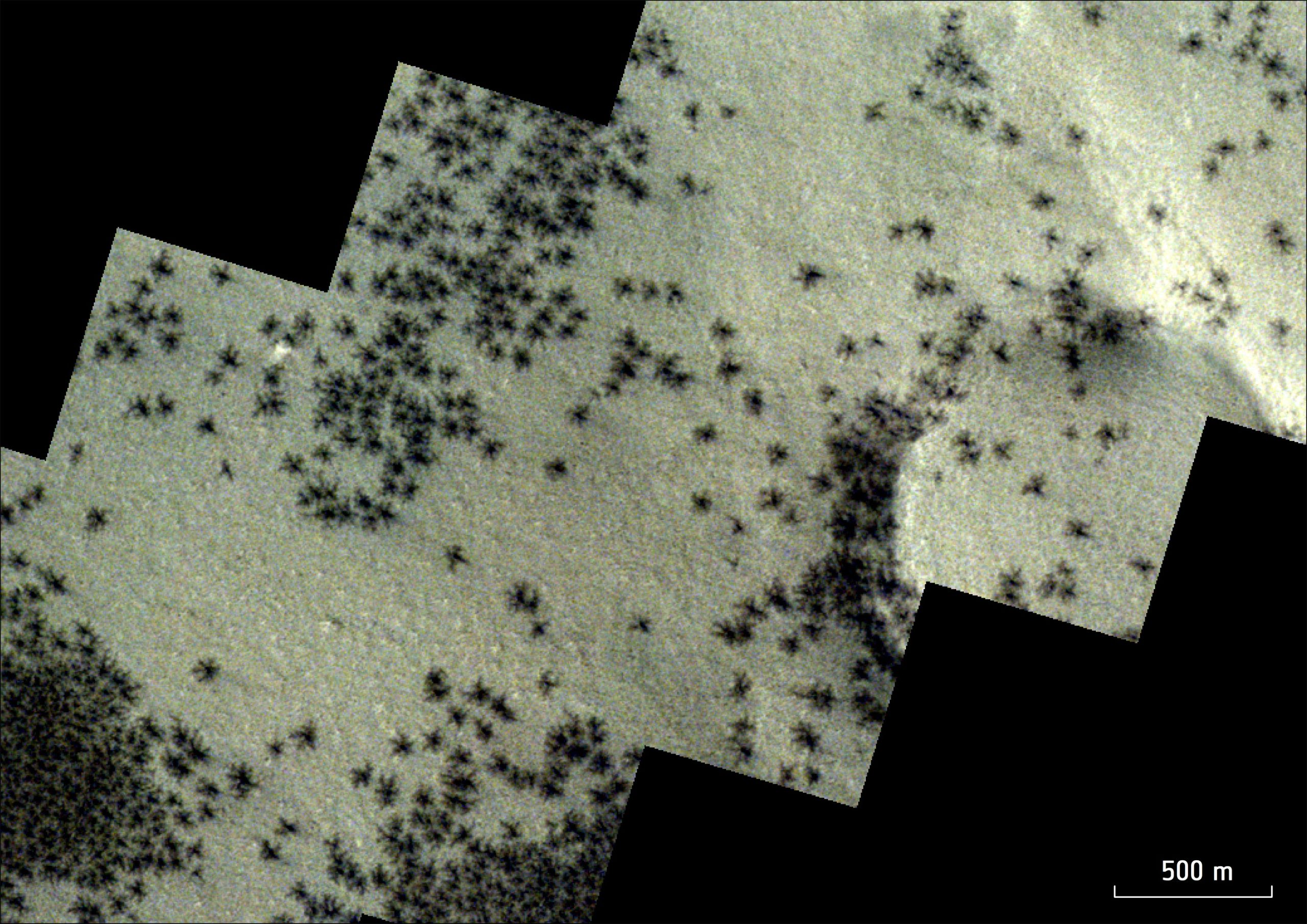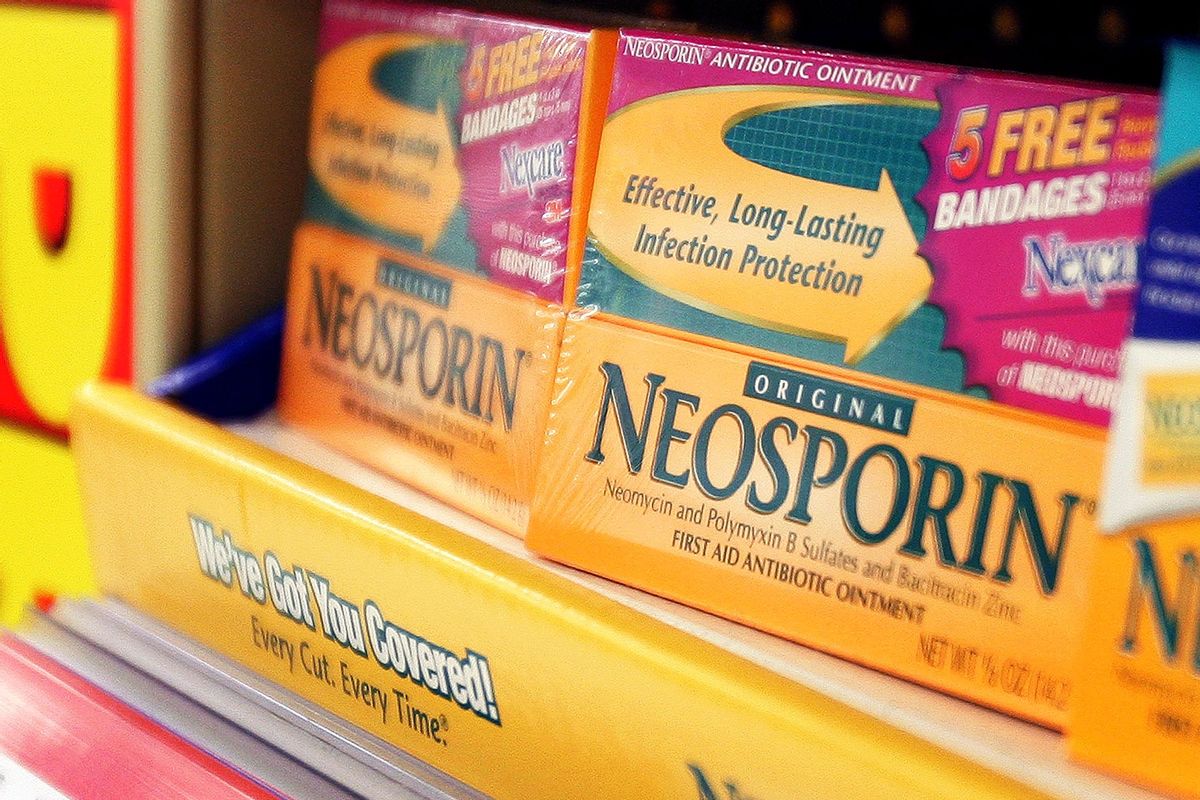They’re merely chips off the old block.
Eldest daughters with one or more younger siblings tend to bear the brunt of the household, babysitting and parental care responsibilities — whether they like it or not.
In fact, fed-up first-born girls have long commiserated over the thrones of being second-in-command to mom using the buzzy term “eldest daughter syndrome.”
And now, UCLA researchers have discovered that the trending word isn’t just a made-up stamp being overused by gripping harpies.
Instead, the clinicians posit that eldest daughter syndrome may be a biological phenomenon in some cases — especially if a girl’s mother experienced stress, depression or loneliness during pregnancy.
“We found that adversity encountered during the prenatal phase of life may set the human female fetus on a path towards earlier [maturity],” noted authors of a February 2024 report. “Moreover, we observed this association was strongest for first-born girls.”
For the findings, analysts conducted a 15-year longitudinal study of 253 mother-child pairs from pregnancy through early adolescence. The women observed were mostly age 30, college-educated and first-time mothers from Southern California.
The research team, helmed by UCLA anthropologist Molly Fox, measured each expecting mommy’s stress, depression and anxiety levels at 15-, 19-, 25-, 31- and 37-weeks pregnant to create a prenatal psychological distress composite score.
The depression assessment asked respondents to rate the truth of statements like “I felt lonely” and to determinate their anxiety, participants were asked how often they felt particular symptoms, such as “jittery.”
After giving birth, the moms were assessed at two to three months postpartum to assign a postnatal distress composite score.
Scientists then measured their children’s biomarkers of adrenal puberty — hormones that promote the development of pubic and underarm hair, body odor and acne — and gonadal puberty — growth of reproductive organs, fat redistribution to the hips and breasts, and bone maturation — at ages 8 to 10, 11 to 12 and 13 to 16.
The tests identified a correlation between early signs of adrenal puberty in first-born daughters when their mothers experienced high levels of prenatal stress.
“A first-born daughter’s maturation, but not early onset of menstruation, may enable her to help her mother rear her other children successfully,” explained Fox in a statement to UCLA. “The daughter becomes mature enough to help take care of children while not yet able to produce her own children, who would require her attention.”
The study, too, determined that eldest daughters often feel compelled to assume the role of mommy’s little helper after experiencing childhood adversity or trauma such as the death of a parent, parental separation before age 5, the absence of the father and low income-to-needs ratios experienced at ages 7 to 9.
“This research adds to the body of knowledge in our field showing the significant and lifelong impacts to women and their offspring when it comes to prenatal emotional, environmental and other factors,” Fox said. “This is important as we continue to come up with practical and policy solutions that contribute to greater access to healthcare and the general well-being of pregnant mothers.”
Her study closely trails recent research from the University of Colorado Anschutz Medical Campus, which noted that depressed mothers taking Prozac during gestation are at higher risk of subjecting their unborn babies to a series of mental health disorders.
And while “eldest daughter syndrome” isn’t an official mental health diagnosis, its ramifications can be life-altering.
Previous research on “birth order theory” described the effects of birth order that can shape a child’s thoughts and behaviors. Experts have also found that first-born girls are prone “to being diligent and wanting to excel at everything they do.”
Psychologist Kati Morton hopped online revealing “The 8 signs you have eldest daughter syndrome,” in a TikTok clip with over 5.5 million views.
- You have an intense feeling of responsibility
- You’re an overachiever, Type-A and very driven
- You worry a lot and probably have anxiety
- You struggle with people-pleasing behaviors
- You have a hard time placing and upholding boundaries
- You resent your siblings and family
- You struggle with feelings of guilt
- You have a difficult time in your adult relationships.

Rachel Carter is a health and wellness expert dedicated to helping readers lead healthier lives. With a background in nutrition, she offers evidence-based advice on fitness, nutrition, and mental well-being.








